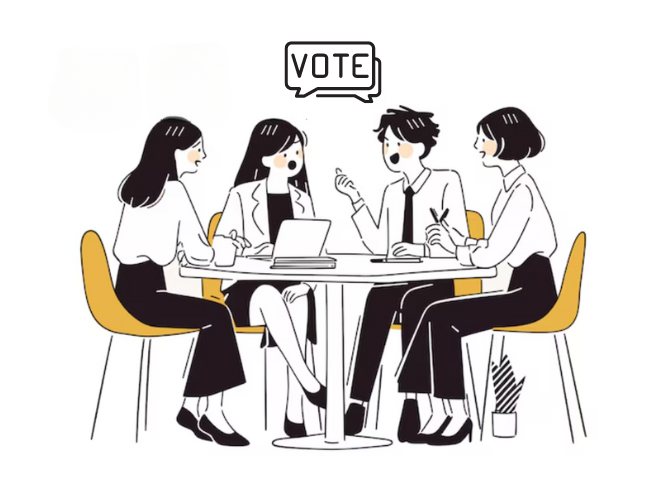Elon Musk’s recent ultimatum to Twitter employees asked them to commit to working “long hours at high intensity” or leave the company. The result was hundreds of workers accepting three months’ severance pay and walking out. Despite the loss of hundreds of critical team members, Musk has not backed off from his vision for “Twitter 2.0.” In fact, his hardcore work policy has now manifested into sleeping accommodations in the office to promote even longer work hours for employees.
The newly converted bedrooms spread throughout Twitter’s headquarters have caught the attention of San Francisco’s Department of Building Inspection for several potential code violations. After confirming their investigation, Musk tweeted that the city was attacking companies for providing beds for tired employees instead of prioritizing other urgent issues.
In the same way that companies provide perks like free coffee, comfortable couches, or ping-pong tables, Musk intends to make the workplace even more convenient with the addition of sleeping quarters. His idea behind these makeshift bedrooms is to reframe the office as a home, encouraging employees to cohabitate like a family, even though recent research proves this concept to be toxic.
Sam Bankman-Fried, the founder of the now-bankrupt crypto exchange FTX, tweeted, “If I sleep in the office, my mind stays in work mode and I don’t have to reload everything the next day.” So, if employees have access to a suitable place to sleep, and employers gain their extra hours of work, is Musk onto something? Or is this just another broken form of hustle culture?
The Face-Off Between Hustle Culture And Quiet Quitting

Elon Musk’s famous declaration: “Nobody ever changed the world on 40 hours a week” captures his rise-and-grind mentality, which is a microcosm for the intensive hours and extreme work ethic associated with hustle culture. After over a decade of workaholism popularized during the golden Silicon Valley era, it’s no surprise that employee burnout has become an increasingly common experience. At least half of US workers identify as quiet quitters, meaning they embrace the idea of a sustainable working model that does not promote overworking.
Employees across all industries have reached their breaking points from being overworked, leading them to question the norm of hustle culture. The overnights in the office and hardcore work policy that Musk continues to preach is nearly impossible to sustain long-term. There’s a variety of health issues caused by a lack of sleep, including fatigue-related errors, weakened performance, and a lack of productivity and focus.
Considering the implications of inadequate sleep and the rise of quiet quitters, companies should focus on finding a more permanent solution to encouraging hard work without sacrificing employee health and wellness. This starts with encouraging a sustainable approach to work-life balance for employees, as opposed to offering quick fixes like in-office sleeping arrangements.
How Companies Can Combat Hustle Culture By Promoting Work-Life Balance
Employers should focus on instilling freedom and boundaries in the workplace to avoid employee burnout and boost productivity and retention. Here are some ways organizations can proactively promote work-life balance and escape the toxicity promoted by hustle culture:
- Connect with employees’ personal and professional goals. Encouraging employees to share their life and career goals ensures that their desires outside the workplace are acknowledged and supported. Employers can organize frequent check-ins to discuss employee progress and provide resources to help where applicable.
- Allow flexibility in work schedules and execution. A hybrid work model gives employees the freedom to choose where they want to work, depending on their preferences. If an employee is showing signs of burnout, including disengagement, reduced performance, and cynicism, encouraging them to take a paid day off or work from home can be the recharge they need!
- Focus on performance, not hours. Working longer hours at the expense of sleep, time with loved ones, and other life administrative tasks, does not equate to better performance and productivity. Performance should be measured based on how the results produced match up to clearly outlined expectations.












